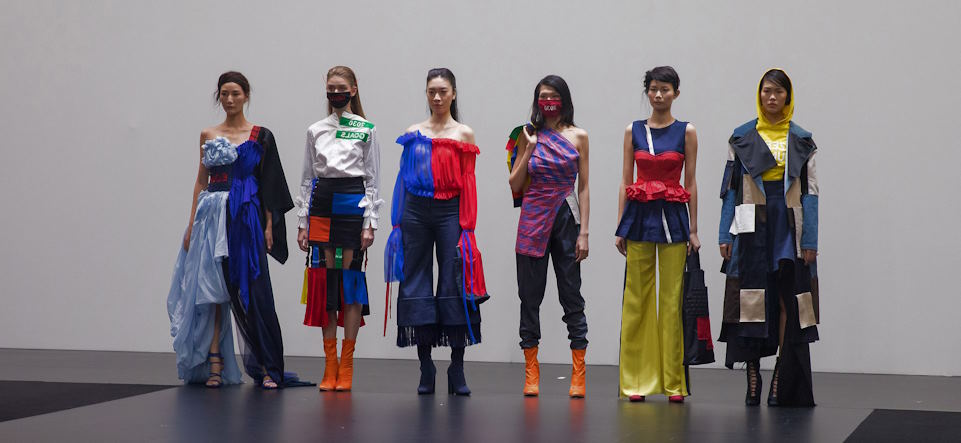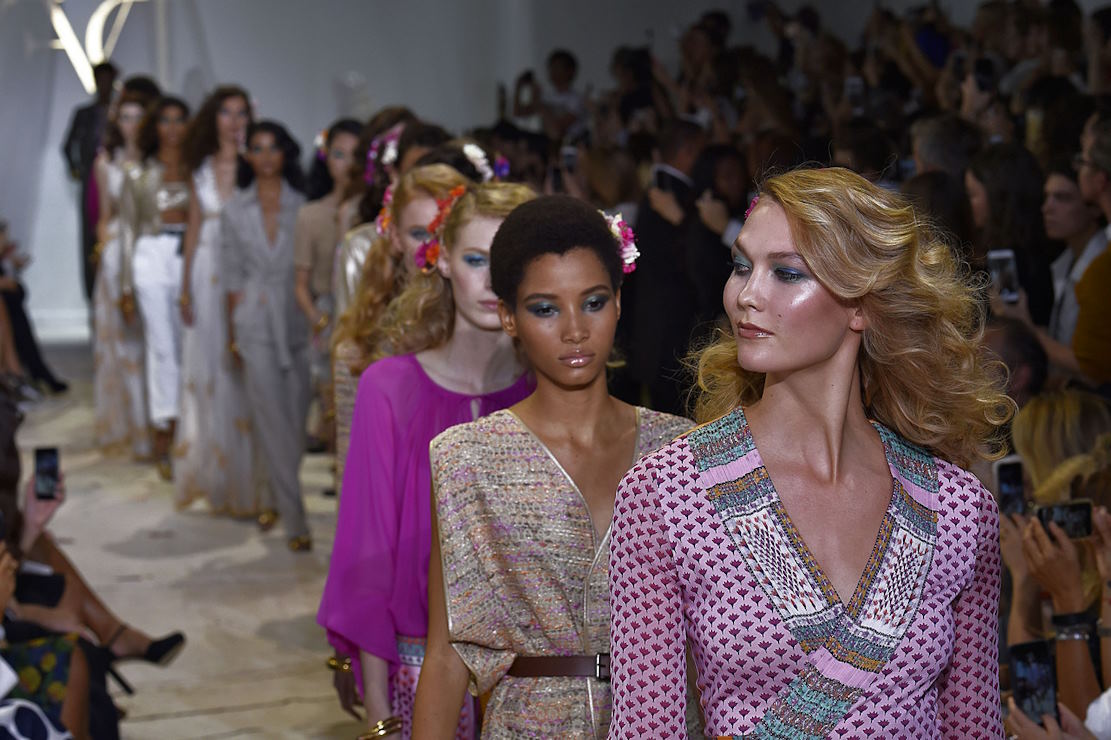Fashion Week is a term that resonates with glamour, creativity, and innovation in the world of fashion. It serves as a global stage where designers, models, fashion houses, and fashion enthusiasts converge to celebrate and showcase the latest trends and collections.
Historical Evolution of Fashion Week
Fashion Week, as we know it today, has a rich history dating back to the early 20th century. It emerged as a response to the need for a centralized platform to present seasonal collections to buyers and the media. From its humble beginnings in Paris in 1945, it has grown into a global phenomenon. Key milestones and developments in the history of Fashion Week have shaped its role in the industry.
The Impact of Fashion Week on the Fashion Industry
Fashion Week has a profound impact on the fashion industry, influencing trends, consumer behavior, and the global fashion market. Its role in globalization and the internationalization of fashion cannot be overstated. It serves as a launching pad for emerging designers, helping them gain recognition and opportunities. Furthermore, Fashion Week has a significant economic impact on host cities, generating revenue from tourism, hospitality, and fashion-related activities.

The Role of Fashion Week in Branding and Marketing
Fashion Week provides a prestigious platform for fashion brands to showcase their collections. It allows them to create a unique brand identity and reach a global audience. Fashion houses strategically leverage Fashion Week for branding, exposure, and building a loyal customer base. The relationship between designers and Fashion Week is symbiotic, with each benefiting from the association.
The Digital Transformation of Fashion Week
The digital age has brought about significant changes in the way Fashion Week is conducted and consumed. Virtual and hybrid fashion shows have become increasingly popular, making fashion more accessible to a global audience. Social media and digital platforms have amplified the reach and influence of Fashion Week, enabling instant feedback and engagement. The online format has democratized fashion, allowing a broader audience to participate.
Criticisms and Challenges Facing Fashion Week
Despite its many strengths, Fashion Week faces criticism and challenges. Concerns about sustainability and the environmental impact of the fashion industry have come to the forefront. The pressure on designers to adhere to the fast fashion cycle can be detrimental to creativity and quality. Additionally, issues related to inclusivity and diversity within the industry require ongoing attention and improvement.

Fashion Week Beyond the Runway
Fashion Week has a broader cultural significance beyond the runway. It plays a role in shaping cultural narratives and inspiring creativity across various industries. Collaborations and partnerships between fashion and other sectors, such as art, music, and film, have become more common. Fashion Week also offers educational and networking opportunities for professionals, contributing to the development of talent.
Future Trends and Prospects for Fashion Week
Looking ahead, Fashion Week is poised to continue evolving. Predictions for its future include innovations in event formats and experiences, as well as the integration of technology. As the industry grapples with sustainability challenges, Fashion Week may play a key role in promoting more responsible and ethical practices.

